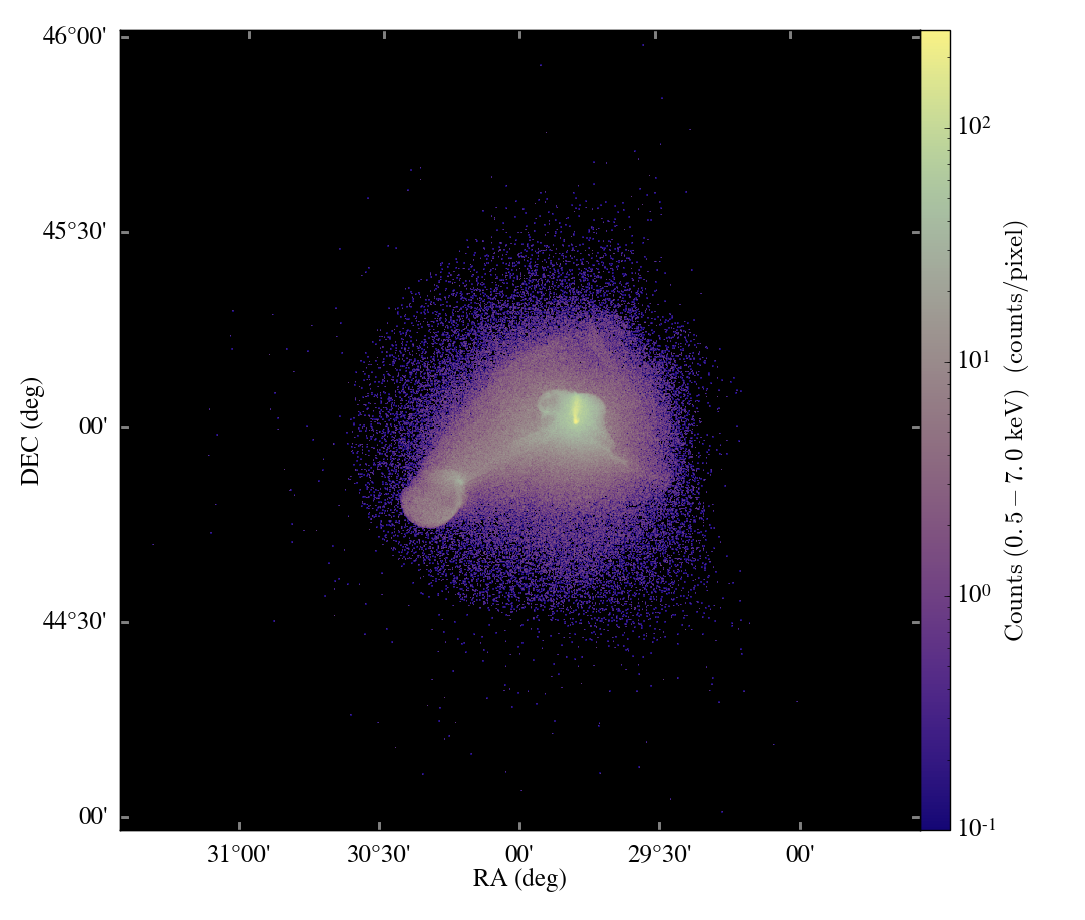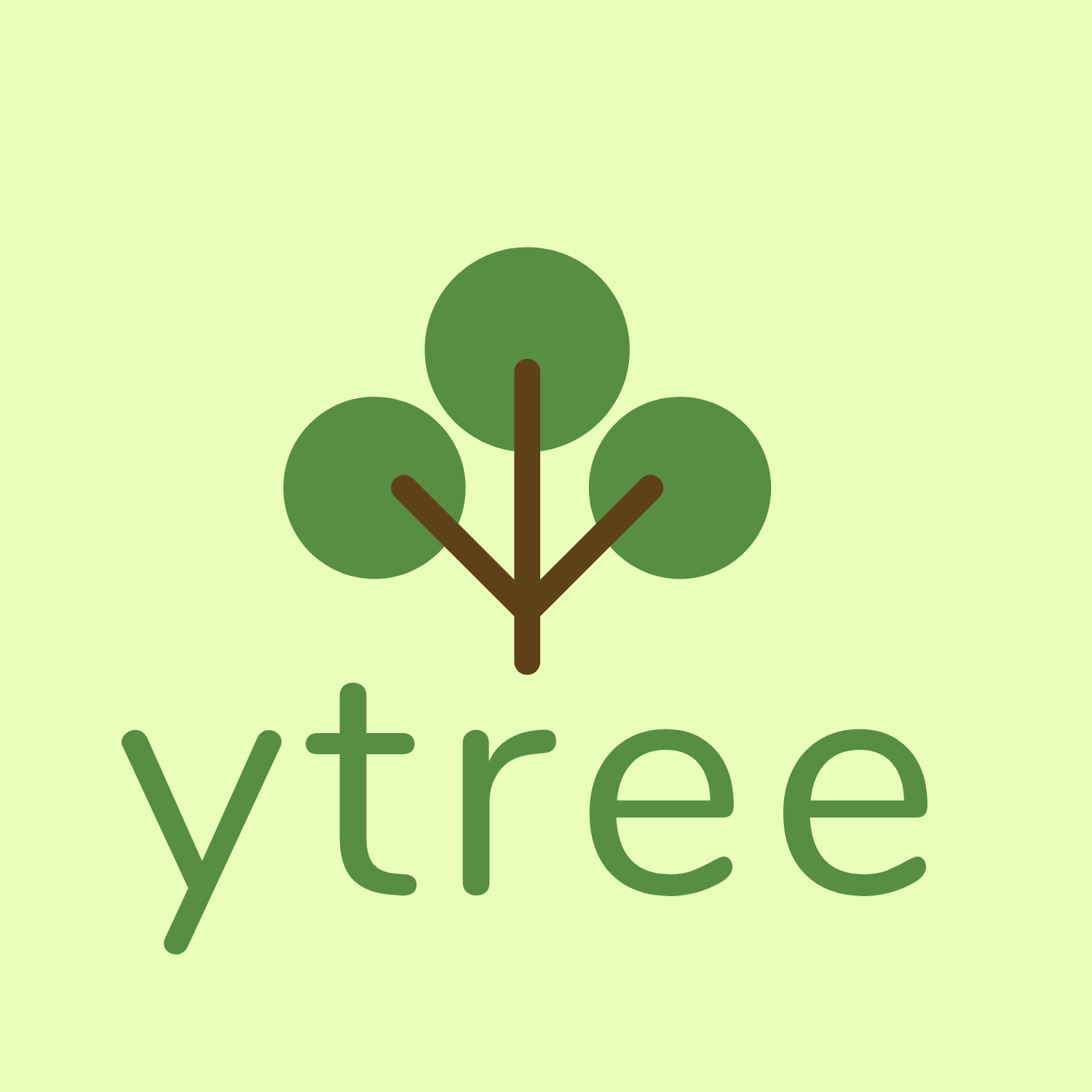In case you haven’t visited our front page lately, the yt homepage has been redesigned! The old homepage was nice and functional, but it tried to cram too much into too small a place. The new homepage focuses on the three main questions people have when they go to the yt page: ‘How do I get it?’, ‘How do I use it?’, and ‘How do I participate?’
The new page is focused on some concrete examples, some quantitative analysis, and features a heavy dosage of the yt community – in fact, the redesign came about through a conversation in IRC, where a few of the core developers were speculating about how best to convey how to participate and how strong a community yt has. The new homepage also features a mission statement. (Discussion of the mission statement.) It’s designed to reflect the goals and ambitions – not where the end of the road is, but which direction it is pointed. To be honest, as the person who initiated that discussion, I was a bit surprised at how far reaching the discussion became. The mission statement we converged on is reproduced here, but over time it might evolve and be refined.
Feel free to stop by the IRC channel or the mailing lists if this piques your interest and you’d like to chat more.
Mission Statement
The yt project aims to produce an integrated science environment for collaboratively asking and answering astrophysical questions. To do so, it will encompass the creation of initial conditions, the execution of simulations, and the detailed exploration and visualization of the resultant data. It will also provide a standard framework based on physical quantities interoperability between codes.
Development of yt is driven by a commitment to Open Science principles as manifested in participatory development, reproducibility, documented and approachable code, a friendly and helpful community of users and developers, and Free and Libre Open Source Software.





